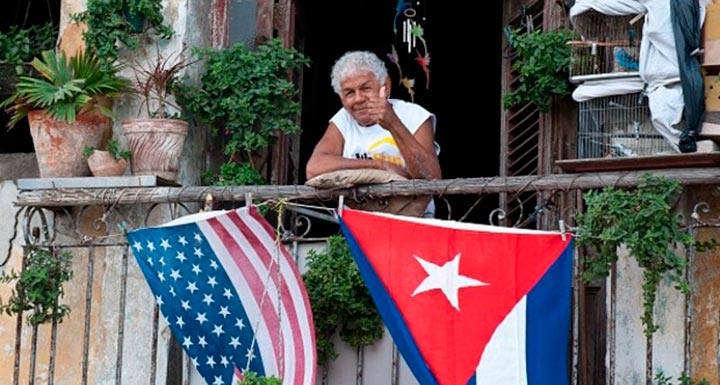
Lift the Cuba travel ban already
Some worried House Republicans have scheduled a hearing today on the Obama administration’s “sudden shift on Cuba policy.” They have it almost exactly backward: The change in policy has been too long in coming — and Congress can help speed it along.
Some of their colleagues in the Senate seem to have gotten the memo. A bill introduced last week by Republican Jeff Flake of Arizona and Democrat Patrick Leahy of Vermont would end curbs on U.S. travel to Cuba. For the sake of Cubans as much as Americans, it deserves to pass.
President Barack Obama loosened restrictions last month on U.S. travel to Cuba, allowing Americans to go under a general license instead of on a case-by-case basis. But under the thicket of laws passed over the years by Congress to embargo Cuba, any travel must still be for one of 12 purposes, and tourism isn’t one of them. In fact, according to the Treasury Department, “the traveler’s schedule of activities must not include free time or recreation in excess of that consistent with a full-time schedule” — the kind of bureaucratic absurdity that has barred U.S. think-tank delegations from baseball games in Havana.
Congressional action is required to lift all travel restrictions. The bipartisan two-page bill does exactly that.
These restrictions have been imposed on Americans in Cuba, not Cubans in the U.S. In fact, Americans who want to go to Cuba face more U.S. government hurdles than those going anywhere else on the globe. That includes North Korea, Sudan and Syria — the other three countries on the State Department’s list of states that sponsor terrorism. (Never mind that Cuba — which isn’t building nuclear bombs, using chemical weapons or slaughtering civilians — should have been taken off that listlong ago.)
The money and ideas that American tourists would bring can be powerful catalysts for change. More than 400,000 Americans already visit Cuba each year. If restrictions were lifted, that number could rise to nearly a million. Yes, Cuba’s regime benefits from the hard currency tourists spend in its hotels. But so do the doctors and architects moonlighting as taxi drivers, the operators of private restaurantsknown as paladares, and many of the other more than 400,000 Cubans who have set up businesses since the economy’s partial opening in 2008. Fueling their rising expectations is a powerful subversive act.
The U.S. government’s Office of Foreign Assets Control has more pressing things to do than toinvestigate whether Jay-Z and Beyonce broke the embargo by canoodling in Old Havana. As Flake has pointed out, OFAC “swallows up a big portion of their budget just chasing down tourists.” That money and manpower could be better devoted to the 35-plus sanctions programs targeting real threats such as Russia’s aggression in Ukraine.
Every day the U.S. embargo remains in place, it empowers the regime, giving it a free talking point and enabling the ruling elite to entrench its economic and political interests. In other words, now is exactly the time when ordinary Cubans could benefit most from a wider exchange of views with their neighbors across the Straits of Florida.
(From the: Bloomberg View)

